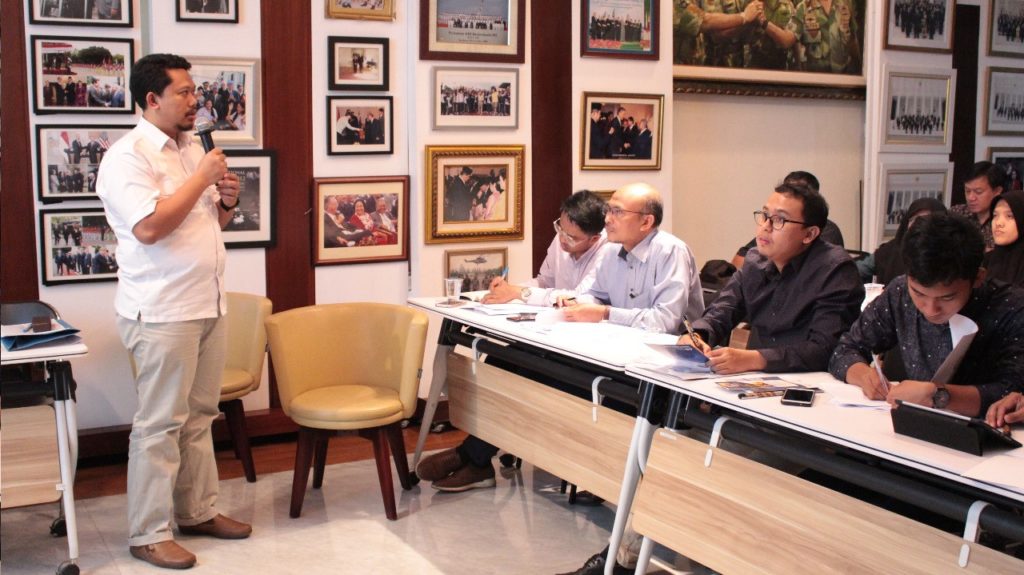Figure 1. Participants of PYC short course on energy efficiency
In achieving the goal of providing training in the field of energy and natural resources, Purnomo Yusgiantoro Center (PYC) held the first ever edition of PYC Energy Short Course. The short course focused on “Energy Efficiency towards SNI ISO 50001” and was held on 24 January 2019, with participants from various universities, smart-building developer industries, renewable energy companies and professionals. The short course’s objectives was to provide insight to participants regarding government policies related to energy efficiency, the potential for energy saving and SNI SO 50001.
Sujatmiko, as Head of P3TKEBKE, in his opening speech highlighted the importance of energy management in facing climate change and reducing the operation cost of industries. The event was followed by a pretest for the participants that showed that most participants have heard about energy efficiency and conservation, but did not know the required steps in implementing energy efficiency and conservation.
 Figure 2. Presentation from Mr. Dedi Suntoro
Figure 2. Presentation from Mr. Dedi Suntoro
The first speaker was Dedi Suntoro, Researcher of P3TKEBTKE. In his presentation, Mr. Dedi delivered the current government policy in regards to energy efficiency. The presentation highlighted that economic and population growth will always be followed by an increasing demand for energy. However, energy use in Indonesia is still currently dominated by fossil energy or non-renewable energy that has a significant environmental impact. Inefficient and long-term use of fossil energy will lead to negative impacts such as high greenhouse gas emissions that will accelerate climate change. To deal with this issue, the government through PP No. 70/2009 stated that conservation is the responsibility of central and regional governments, business and community. ISO 50001 is one of the energy management standards that is applied internationally and has considered that the industry sector is one of the biggest energy consumers. Inefficient energy use in the industrial sector is expected to be suppressed through the implementation of ISO 50001.
Khalif Ahadi, also a researcher from P3TKEBTKE, delivered the potential of energy saving. Energy saving can be defined as the efficient and rational use of energy without reducing the level of safety and productivity in an activity. Energy efficiency is the effort to use minimum energy to produce maximum output by using energy saving equipment. The end result would be the rational use of energy by using energy accordingly to needs. There are several usages of energy that has the potential for energy saving, including the use of energy for lighting and air conditioning. Also, appropriate building and interior design, as well as efficient production equipment in the industry will be able to improve the energy efficiency in the office, house and factory. The potential value of energy savings can be analyze by identifying potential savings through recording log sheets, monitoring system and energy audits. In addition to buildings or industries, energy saving is also important in the transportation, household and commercial sectors. Good management of energy use can reduce unnecessary use of energy. Energy savings can be done from the easiest and cheapest things to those that require high investments. Energy saving potential can be observed if energy utilization is always monitored so that it has a reference as the base for optimal energy use.
The last session of the short course was delivered by Bobby IM. In his presentation, Mr. Bobby explained that SNI ISO 50001 is a standard arranged by International Organization for Standardization that contains the standard energy management system. ISO 50001: 2018 is the latest standard for implementing a robust Energy Management System (EnMS) published in August 2018. It established an international framework for industrial plants or entire companies to manage all aspects of energy, including procurement and use. The objectives of ISO 50001 are: (1) to assist organizations in making better use of their existing energy-consuming assets, (2) to promote the best energy management practices and reinforce good energy management behaviors, (3) to provide a framework for promoting energy efficiency throughout the supply chain and (4) to facilitate energy management improvements for greenhouse gas emission reduction projects. ISO 50001 is based on the Plan-Do-Check-Act (PDCA) cycle.







